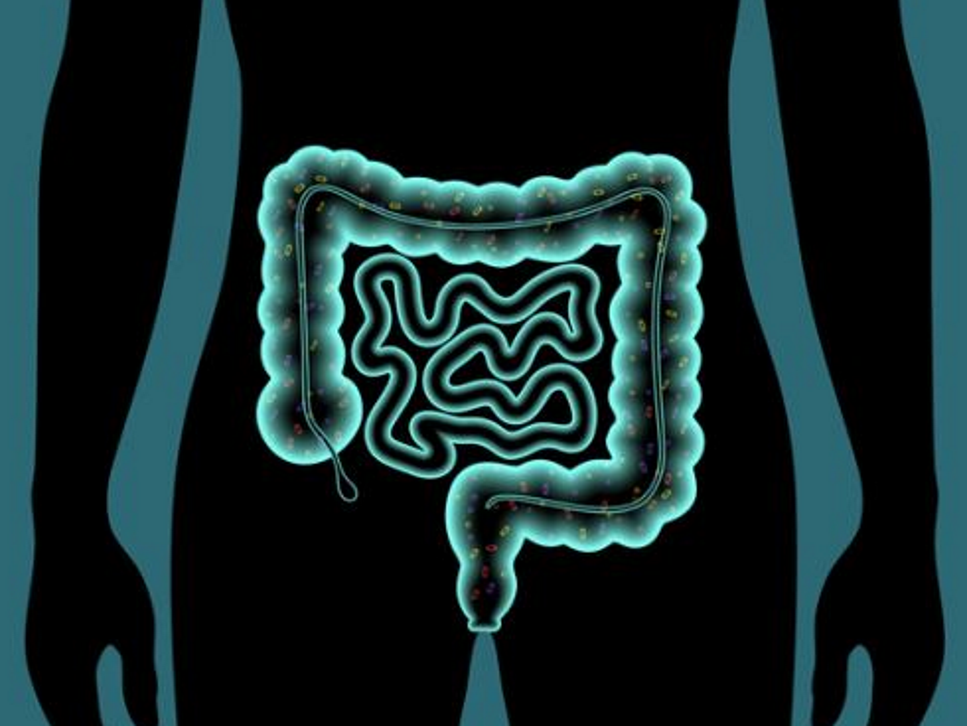Are you curious about the gut microbiome and its potential impact on health? Look no further than this continuing education course led by Christopher Gardner, PhD, Director of Nutrition Studies at the Stanford Prevention Research Center. With a mix of humor and evidence-based science, Gardner delves into the latest studies on the topic and highlight the connection between diet, the gut microbiome, and immune function/inflammation. In a world where commercial companies offer to analyze and report back on someone's microbiome from a stool sample, it's important to understand the plausible health benefits and limitations of such tests. Gardner's engaging approach will help you appreciate the extent to which this exciting new domain in health research is ready for prime time. Don't miss this opportunity to expand your knowledge and gain valuable insights into the hot topic of gut microbiome.
Planned in collaboration with the Cardiovascular Health and Well-being DPG.


